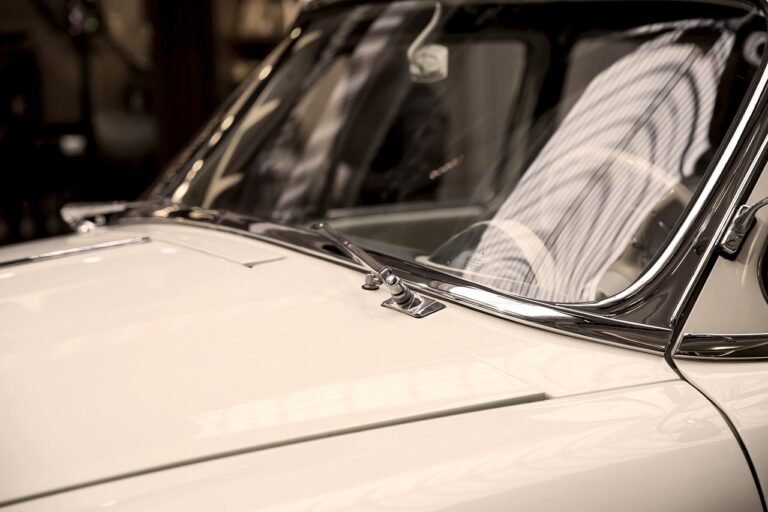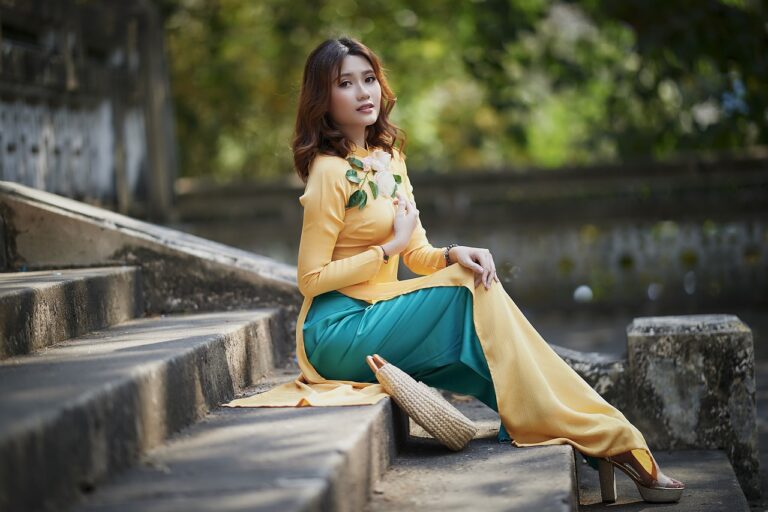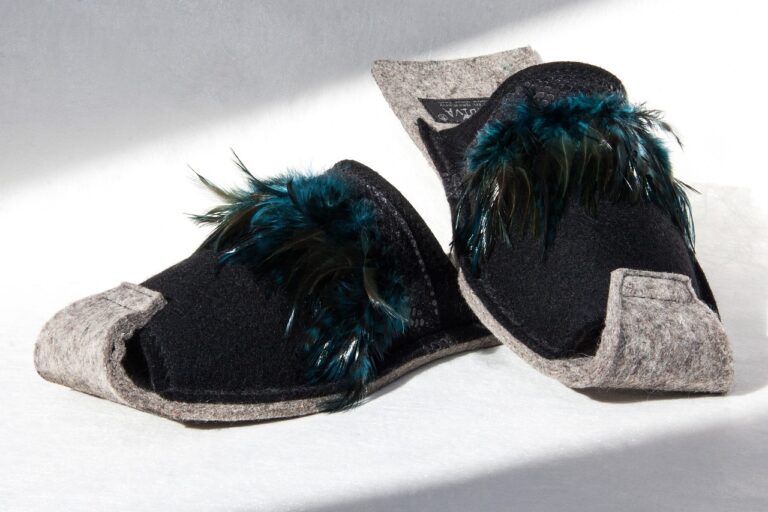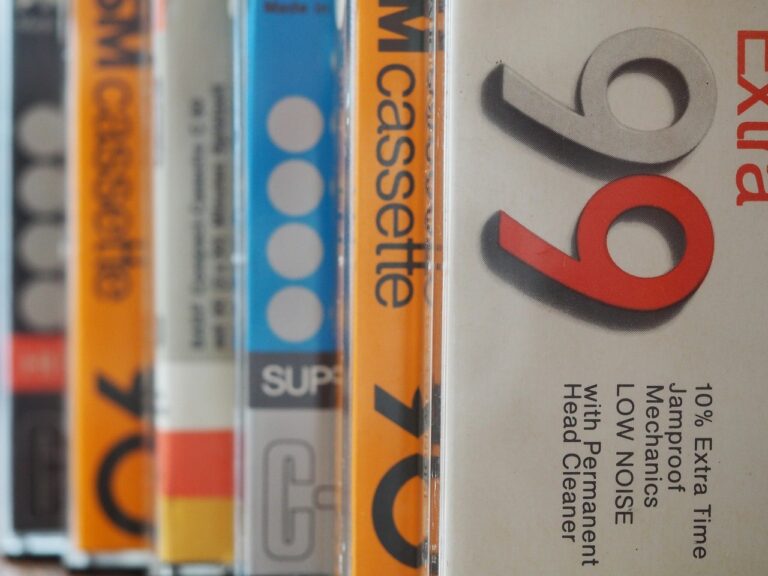Textile Innovations for Sustainable Picnic Accessories: World 7.com, Mahadev book login id and password, Silver exchange demo id
world 7.com, mahadev book login id and password, silver exchange demo id: With warmer weather comes the perfect time for picnics in the park, beach outings, and al fresco dining. But as we become more aware of the impact of our consumer choices on the environment, it’s important to seek out sustainable options for our picnic accessories.
Textile innovations have paved the way for eco-friendly alternatives to traditional picnic gear, offering products that are not only stylish and functional but also gentle on the planet. Here are some exciting developments in sustainable textile technology for picnic accessories:
1. Recycled Fabrics: Many companies are now using recycled materials, such as plastic bottles and discarded textiles, to create picnic blankets, bags, and other outdoor essentials. These fabrics are not only eco-friendly but also durable and easy to clean, making them perfect for outdoor use.
2. Organic Cotton: Organic cotton is grown without the use of harmful chemicals, making it a more sustainable choice for picnic accessories. Look for picnic blankets and napkins made from organic cotton to reduce your carbon footprint.
3. Bamboo Fiber: Bamboo is a fast-growing and renewable resource that is being used to create picnic plates, utensils, and even picnic baskets. Bamboo fiber is lightweight, durable, and biodegradable, making it a great alternative to single-use plastic.
4. Hemp: Hemp is a versatile and sustainable material that is making a comeback in the textile industry. Hemp picnic accessories are not only eco-friendly but also resistant to mold and UV rays, making them perfect for outdoor use.
5. Cork: Cork is a natural and renewable material that is being used to create eco-friendly picnic wine totes, coasters, and outdoor tableware. Cork is lightweight, water-resistant, and easy to clean, making it a stylish and sustainable choice for your picnic needs.
6. Water-resistant Fabrics: Some textile companies are now using eco-friendly water-resistant coatings made from plant-based materials to create picnic blankets and bags that are both waterproof and sustainable. These fabrics are perfect for picnics in unpredictable weather conditions.
7. Biodegradable Materials: Some companies are exploring the use of biodegradable materials, such as PLA (polylactic acid) and Tencel, to create picnic accessories that break down naturally at the end of their lifecycle. These products are a great alternative to traditional plastic and synthetic materials.
8. Natural Dyes: Many textile manufacturers are now using natural dyes made from plants, fruits, and vegetables to color their fabrics. These dyes are non-toxic and biodegradable, making them a more sustainable choice for eco-conscious consumers.
As we become more mindful of our environmental impact, it’s important to seek out sustainable options for our picnic accessories. By choosing products made from recycled materials, organic cotton, bamboo fiber, hemp, cork, water-resistant fabrics, biodegradable materials, and natural dyes, we can reduce our carbon footprint and enjoy eco-friendly picnics in style.
FAQs:
Q: Are recycled picnic accessories as durable as traditional ones?
A: Yes, recycled picnic accessories are often just as durable, if not more so, than traditional ones. Recycled materials can be as strong and resistant as new ones, making them a great eco-friendly choice for outdoor use.
Q: Are bamboo picnic accessories dishwasher safe?
A: While some bamboo picnic accessories may be dishwasher safe, it’s always best to check the manufacturer’s instructions before cleaning them in the dishwasher. Handwashing is usually recommended to prolong the life of bamboo products.
Q: Can I compost biodegradable picnic accessories?
A: Yes, biodegradable picnic accessories can usually be composted at the end of their lifecycle. Make sure to check the specific materials used in the product and compost them accordingly.







